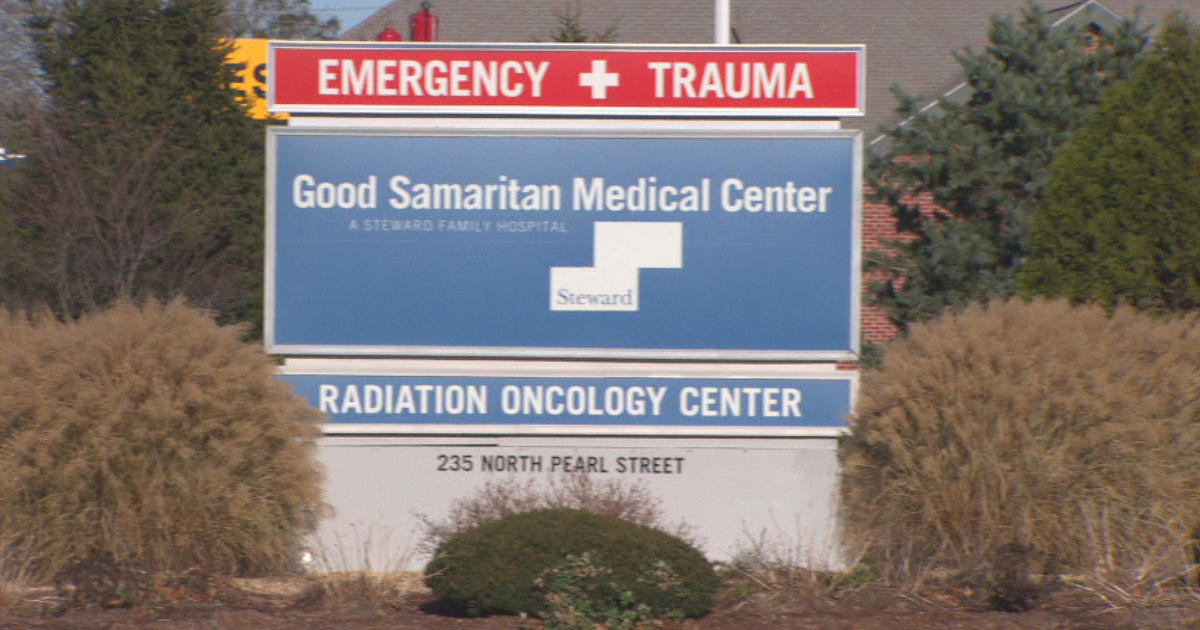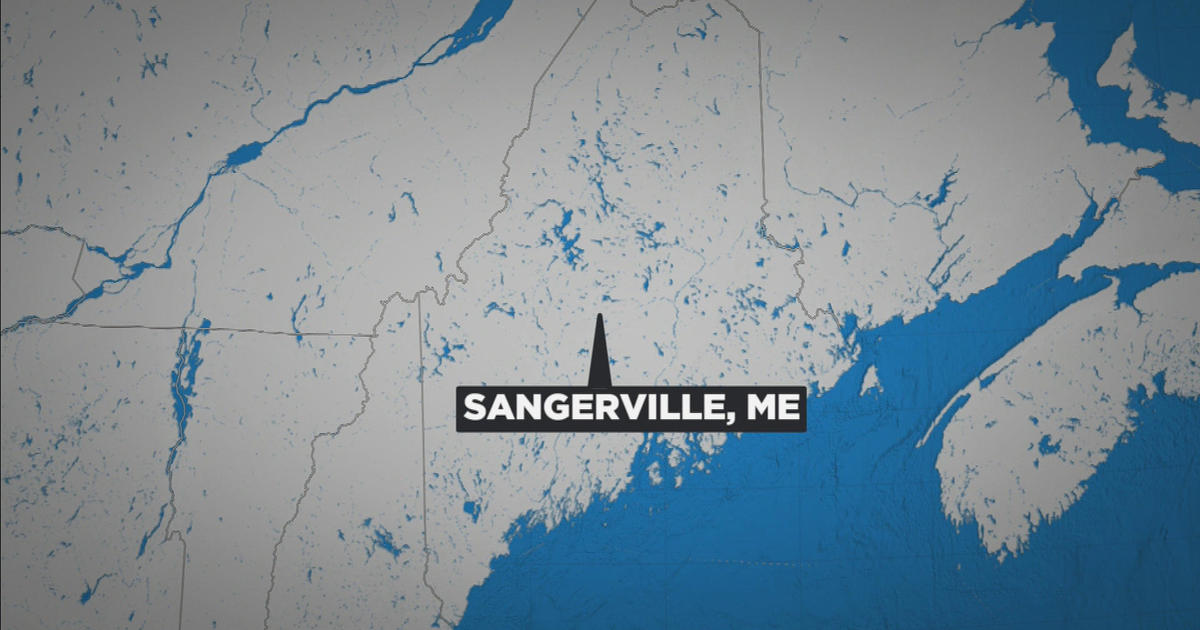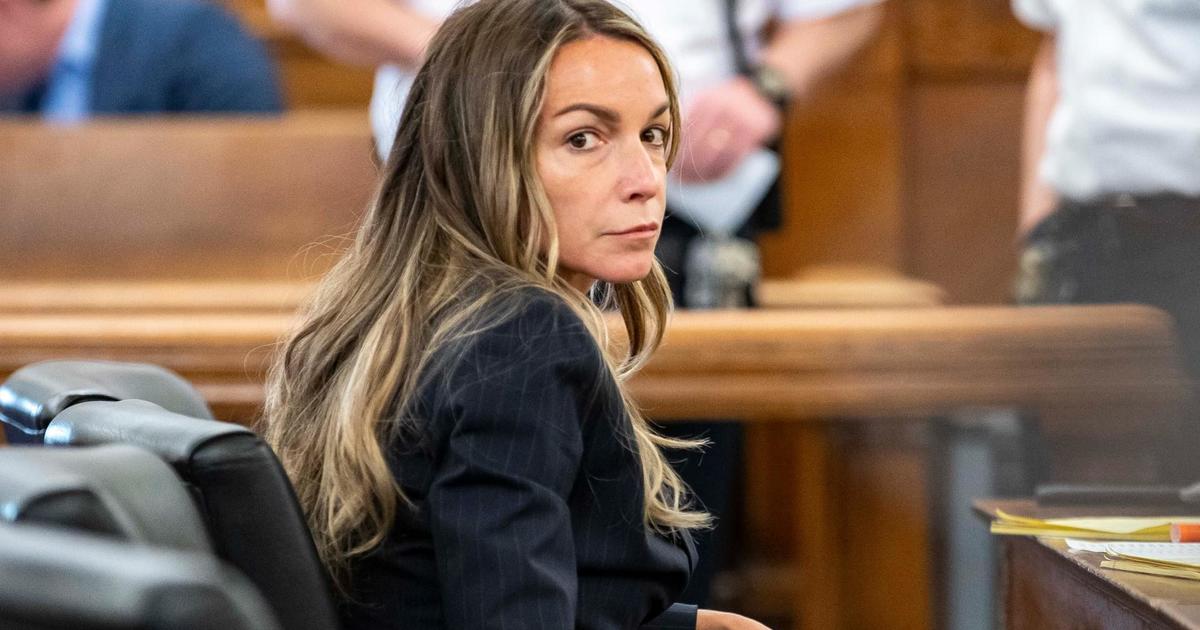Breast Cancer Screening Change Could Save Lives
BOSTON (CBS) - Next year, thousands of Massachusetts women will get some unsettling news in their mammogram results. For the first time, they will be told they have an increased risk of developing breast cancer. It's designed to give women more information about their health and their risk of developing the disease.
It is information Cindy Cardillo of Hopkinton wishes she had years ago when she first started getting mammograms in her 20's because of a family history. "Every time I went, I was just relieved I got the report that said everything looked good," she said.
That all changed the day she found a lump in her armpit. She had a number of tests, including a mammogram. "The mammogram was clear and didn't show anything," she said. But Cindy did have cancer and it had advanced to stage three. That's when Cindy learned she had dense breasts. "My breasts had been dense all these years and could easily hide a tumor," she said.
According to Andrea McKee of Lahey Medical Center, nearly half of women have some level of dense tissue in their breast. The denser the breast, the harder it is to read on a mammogram. Dense breast tissue shows up white on mammogram and so do tumors. "The more white you see, the harder it is for us to pick out a mass or cancer because that would also be white," she explained.
But that's not the only problem. Women with dense breasts also have an increased risk of developing breast cancer. That's something that in decades of mammograms doctors never shared with Cindy. "It makes me really angry," she said. Angry because she says if she had known of the risk she believes the cancer would have been found at an earlier stage, which would have meant much less invasive treatment.
That is why Cindy fought to pass a law requiring doctors to notify women with breast density that they may need additional tests. "Additional imaging would include sonography or an ultrasound of the breast or for the highest risk population perhaps even an MRI of the breast," she said.
Dr. McKee supports the law, but she is concerned that it could lead to a flood of women requesting tests that they may not need. "We are going to challenge the system," she warned. "Because there are only so many breast health specialists who are treating patients with breast cancer for the large part and we don't want to run into a situation where access to care is difficult for a woman newly diagnosed with breast cancer."
Cindy believes the information could save lives. "Not being told you have breast density is to me like hiding something about your medical history that every woman should know and understand," she said.
Those notifications are supposed to begin in January. The State Department of Public Health told us they are working to meet that deadline.
MORE HEALTH NEWS FROM CBS BOSTON



